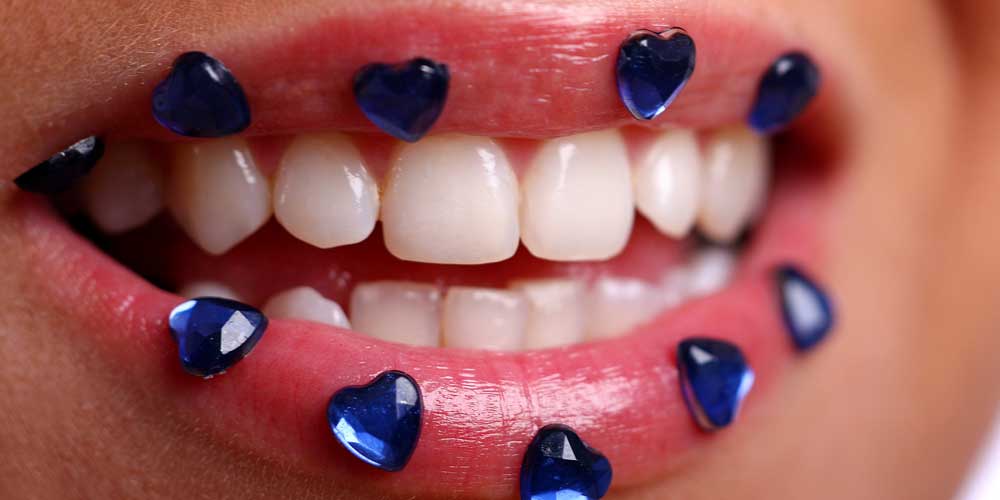
The Key to Overall Wellness: A Healthy Mouth
A healthy mouth is not just about a radiant smile; it's a
gateway to overall wellness. Understanding how oral health impacts your general
well-being underscores the critical importance of your daily dental care
routine. Here's what you need to know about a healthy mouth and some tips on
how to maintain it.
- Importance
of Dental Care
Maintaining a healthy mouth requires regular brushing and
flossing. By preventing the buildup of plaque and tartar, these habits help
prevent tooth decay and gum diseases. Brushing your teeth at least twice a day
and flossing daily are fundamental steps for a healthy mouth.
- Regular
Dental Check-ups
Regular visits to your dentist are crucial for early
detection and treatment of potential issues. During dental check-ups, your
dentist can identify any oral health concerns and provide necessary treatments,
contributing to the maintenance of a healthy mouth.
- Nutrition
and Oral Health
A balanced diet plays a significant role in maintaining oral
health. Foods rich in calcium and vitamins, such as dairy products, leafy
greens, and fruits, contribute to strong teeth and gums. Limiting sugary snacks
and acidic beverages can also help prevent dental problems.
- Hydration
for Oral Health
Drinking an adequate amount of water is essential for oral
health. Water helps rinse away food particles and neutralizes acids in the
mouth, reducing the risk of cavities and enamel erosion.
- The
Impact of Lifestyle Choices
Avoiding tobacco products and excessive alcohol consumption
is crucial for oral health. These habits not only stain teeth but also increase
the risk of gum disease and oral cancer. Additionally, practicing good oral
hygiene after consuming staining beverages like coffee or tea can help maintain
a healthy smile.
- Stress
Management and Oral Health
Stress can manifest in various ways, including bruxism
(teeth grinding) and temporomandibular joint (TMJ) disorders. Managing stress
through relaxation techniques, exercise, and adequate sleep can help protect your
oral health.
- Importance
of Regular Brushing and Flossing
Consistency is key when it comes to oral hygiene. Make sure
to brush your teeth for at least two minutes, twice a day, and floss daily.
Using fluoride toothpaste and mouthwash can further strengthen your teeth and
protect against cavities.
- Seeking
Professional Help
If you experience any oral health issues or discomfort,
don't hesitate to seek professional help. Your dentist can provide personalized
recommendations and treatments to address your specific needs.
Remember, a healthy mouth is a crucial component of overall
wellness. By prioritizing your oral health and adopting good dental habits, you
can enjoy a radiant smile and improved quality of life.
